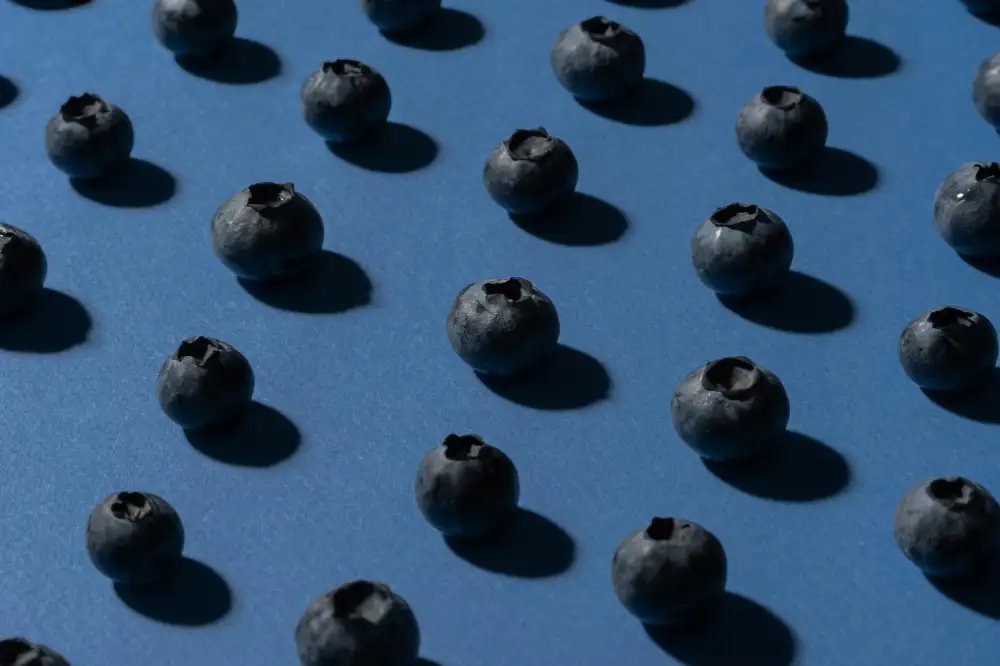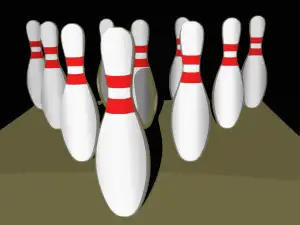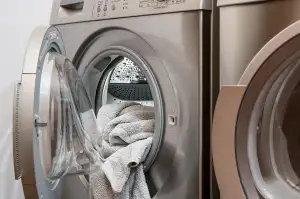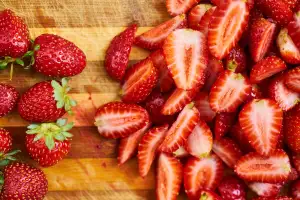Master the Art of Grill Grate Cleaning: A Step-by-Step Guide to Sparkling Grates

- Importance of regular grill grate cleaning
- Gather necessary cleaning supplies
- Preparing the grill for cleaning
- Scrubbing the grill grates
- Removing stubborn grease and grime
- Cleaning the grill grates with vinegar
- Rinsing and drying the grill grates
- Seasoning the grill grates
- Tips for maintaining clean grill grates
Cleaning grill grates is an essential part of maintaining a healthy and efficient grilling experience. Over time, grease, food particles, and carbon buildup can accumulate on the grates, affecting the flavor of your food and potentially causing flare-ups. By regularly cleaning your grill grates, you not only ensure better-tasting meals but also extend the lifespan of your grill. In this step-by-step guide, we will walk you through the process of cleaning your grill grates to keep them sparkling clean and ready for your next barbecue adventure.
Importance of regular grill grate cleaning
Regular grill grate cleaning is essential for several reasons. Firstly, it helps to maintain the taste and quality of your food. Over time, grease and residue build up on the grates, which can transfer unpleasant flavors to your grilled dishes. By keeping the grates clean, you ensure that your food tastes fresh and delicious.
Secondly, regular cleaning prevents the accumulation of harmful bacteria. When leftover food particles are left on the grates, they become a breeding ground for bacteria. This can pose health risks when you cook on dirty grates, as these bacteria can contaminate your food and cause foodborne illnesses.
Furthermore, cleaning your grill grates regularly extends their lifespan. Grease and debris can corrode the metal over time, leading to rusting and deterioration. By removing these substances regularly, you prevent damage to the grates and ensure that they last longer.
Lastly, regular grill grate cleaning improves overall cooking performance. A clean surface allows for better heat distribution and prevents hot spots or uneven cooking. It also reduces flare-ups caused by excess grease buildup, ensuring safer and more controlled grilling.
In conclusion, regular grill grate cleaning is crucial for maintaining food quality, preventing bacterial contamination, prolonging the life of your grates, and improving cooking performance. Make it a habit to clean your grill grates after each use to enjoy safe and flavorful meals every time you fire up the grill.
Gather necessary cleaning supplies
To effectively clean your grill grates, it is important to gather the necessary cleaning supplies beforehand. Having the right tools will make the cleaning process much easier and more efficient. Here are some essential items you will need:
1. Wire brush: A wire brush with stiff bristles is ideal for removing stuck-on food particles and grease from the grates.
2. Grill scraper: A sturdy grill scraper can help scrape off any stubborn residue or charred bits that are difficult to remove with a brush alone.
3. Mild dish soap: Use a mild dish soap to create a soapy solution for cleaning the grates. Avoid using harsh chemicals or abrasive cleaners as they can damage the grates.
4. Bucket of warm water: Fill a bucket with warm water to rinse off the grates after scrubbing them.
5. Vinegar (optional): Vinegar can be used as a natural cleaner to remove tough stains and grease from the grates.
6. Clean cloth or sponge: Use a clean cloth or sponge to apply the soapy solution and wipe down the grates.
By gathering these essential cleaning supplies, you will be well-prepared to tackle even the toughest grill grate cleaning tasks with ease and efficiency.
Preparing the grill for cleaning
Preparing the grill for cleaning is an essential step to ensure effective and thorough removal of dirt and grime. Start by disconnecting the grill from any power source and allowing it to cool completely. Next, remove the grates and set them aside. Empty out any remaining ash or debris from the grill's interior, using a brush or scraper if necessary. Wipe down the exterior surfaces with a damp cloth or sponge. It's important to have a clean and clear workspace before proceeding with the actual cleaning process.
Scrubbing the grill grates
Scrubbing the grill grates is a crucial step in maintaining their cleanliness and ensuring optimal cooking performance. To begin, use a wire brush with stiff bristles to remove any food residue or debris stuck on the grates. Scrub in a back-and-forth motion, applying firm pressure to effectively dislodge stubborn particles. Make sure to cover the entire surface of the grates, including the corners and edges. This process will help eliminate any built-up grease and prevent it from affecting the flavor of your food. Remember to clean both sides of the grates thoroughly for comprehensive sanitation.
Removing stubborn grease and grime
Removing stubborn grease and grime from grill grates can be a challenging task, but with the right techniques, it can be done effectively. One method is to use a wire brush or grill scraper to scrub off any stuck-on residue. Apply firm pressure and work in small circular motions to dislodge the grease. For particularly tough spots, you can try using a grill cleaner specifically designed for removing grease buildup. These cleaners often contain powerful degreasers that can break down stubborn grime. Remember to always follow the manufacturer's instructions when using these products and wear protective gloves.
Cleaning the grill grates with vinegar
Cleaning the grill grates with vinegar is an effective and natural method to remove stubborn grease and grime. Vinegar, a mild acid, helps break down the buildup on the grates without using harsh chemicals. To clean with vinegar, start by heating the grill to a high temperature for about 15 minutes to loosen any stuck-on debris. Then, turn off the heat and let it cool slightly. Next, soak a cloth or sponge in undiluted white vinegar and scrub the grates thoroughly. The acidity of the vinegar will help dissolve any remaining residue. For tough stains, you can also create a vinegar solution by mixing equal parts water and vinegar in a spray bottle. Spray this mixture onto the grates and let it sit for a few minutes before scrubbing. After cleaning with vinegar, rinse the grates with water to remove any leftover residue. Finally, dry the grates completely before reassembling them into your grill. Cleaning with vinegar not only removes grease and grime but also helps eliminate any lingering odors from previous cookouts.
Rinsing and drying the grill grates
After scrubbing away the grease and grime from your grill grates, it's time to rinse and dry them thoroughly. Rinsing with water will remove any remaining cleaning solution or residue. Use a hose or bucket of water to thoroughly rinse the grates, making sure to remove all traces of soap or vinegar.
Once rinsed, it's important to dry the grill grates completely before using them again. Excess moisture can lead to rusting and damage the grates over time. You can let the grates air dry naturally in a well-ventilated area, or use a clean cloth or paper towels to pat them dry.
If you choose to air dry the grates, make sure they are placed in a location where they won't be exposed to moisture or humidity. This will help prevent any potential rusting.
On the other hand, if you decide to use a cloth or paper towels for drying, ensure that they are clean and free from any chemicals that could transfer onto the grates. Gently wipe down each grate until they are completely dry.
By taking the time to rinse and dry your grill grates properly, you'll not only ensure their longevity but also prevent any unwanted flavors from transferring onto your food during future cooking sessions.
Seasoning the grill grates
Seasoning the grill grates is an essential step in maintaining their longevity and enhancing the flavor of your food. After cleaning, it's important to season the grates to create a non-stick surface and prevent rusting. To season the grill grates, start by applying a thin layer of cooking oil to the entire surface using a brush or paper towel. Be sure to use an oil with a high smoke point, such as vegetable or canola oil. Next, preheat the grill on high heat for about 15 minutes to allow the oil to penetrate and form a protective layer on the grates. This process will also help burn off any remaining residue from cleaning. Once the grill has cooled down, wipe off any excess oil with a clean cloth or paper towel. Repeat this seasoning process regularly, especially after each cleaning session, to keep your grill grates in top condition and ensure deliciously grilled meals every time.
Tips for maintaining clean grill grates
To maintain clean grill grates, there are a few tips to keep in mind. Firstly, after each use, make sure to brush off any remaining food particles or residue with a grill brush. This will prevent them from sticking and becoming harder to remove later on.
Secondly, it's important to clean the grill grates regularly, ideally before and after each use. This will prevent the buildup of grease and grime, making it easier to clean in the long run.
Additionally, consider using a non-stick spray or oiling the grates before cooking. This will help prevent food from sticking and reduce the amount of cleaning required afterwards.
Another tip is to avoid using harsh chemicals or abrasive materials when cleaning the grates. These can damage the surface and affect the taste of your food. Stick to gentle cleaning solutions like vinegar or mild dish soap.
Lastly, cover your grill when not in use to protect it from dirt, dust, and other elements that can contribute to dirty grates. A grill cover will also help prolong the lifespan of your grill.
By following these tips, you can ensure that your grill grates stay clean and in good condition for many delicious meals to come.
In conclusion, mastering the art of grill grate cleaning is essential for maintaining a healthy and enjoyable grilling experience. Regular cleaning not only prevents the buildup of harmful bacteria but also ensures that your food tastes its best. By following the step-by-step guide outlined in this article, you can easily achieve sparkling clean grill grates.
Remember to gather all necessary cleaning supplies before starting, prepare the grill properly, and scrub the grates thoroughly. For stubborn grease and grime, use a wire brush or aluminum foil. Vinegar can be an effective natural cleaner for removing tough stains.
After cleaning, rinse the grates with water and make sure they are completely dry before storing them to prevent rusting. Seasoning the grates with oil will help maintain their non-stick surface and protect them from future buildup.
To keep your grill grates clean in between uses, remember to scrape off any excess food debris after each grilling session and give them a quick brush before cooking again.
By following these tips and incorporating regular grill grate cleaning into your routine, you can ensure that your outdoor cooking adventures are always a feast for the senses. Happy grilling!
Published: 07. 02. 2024
Category: Home



